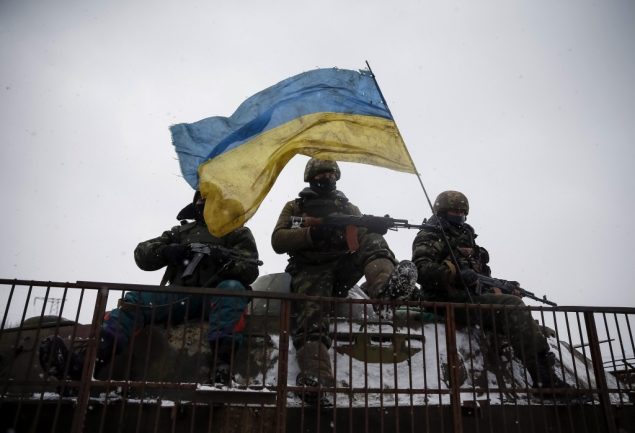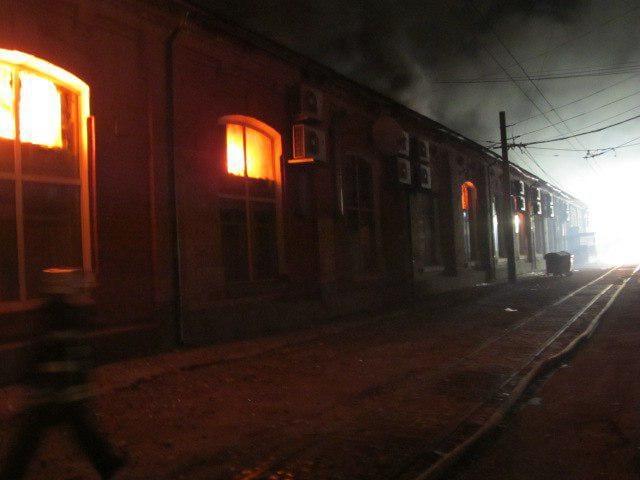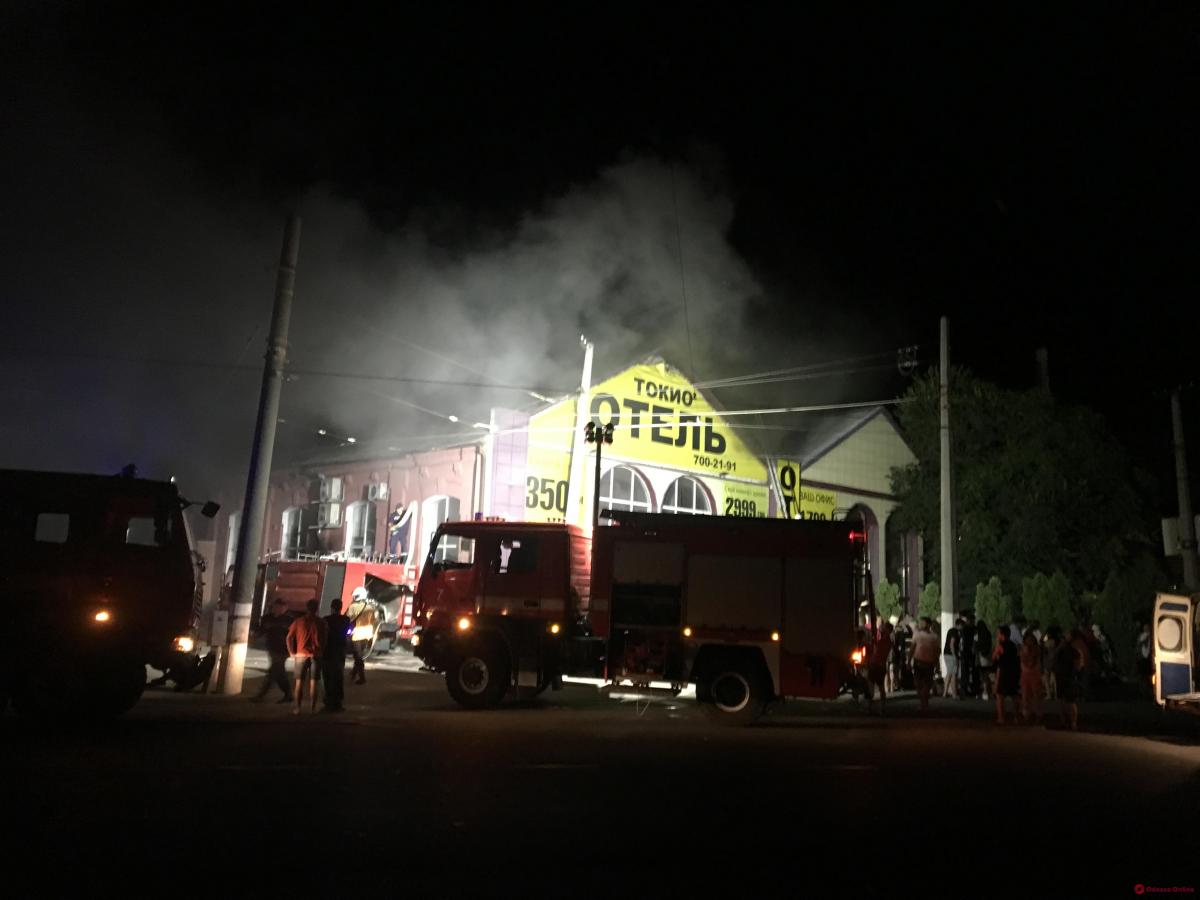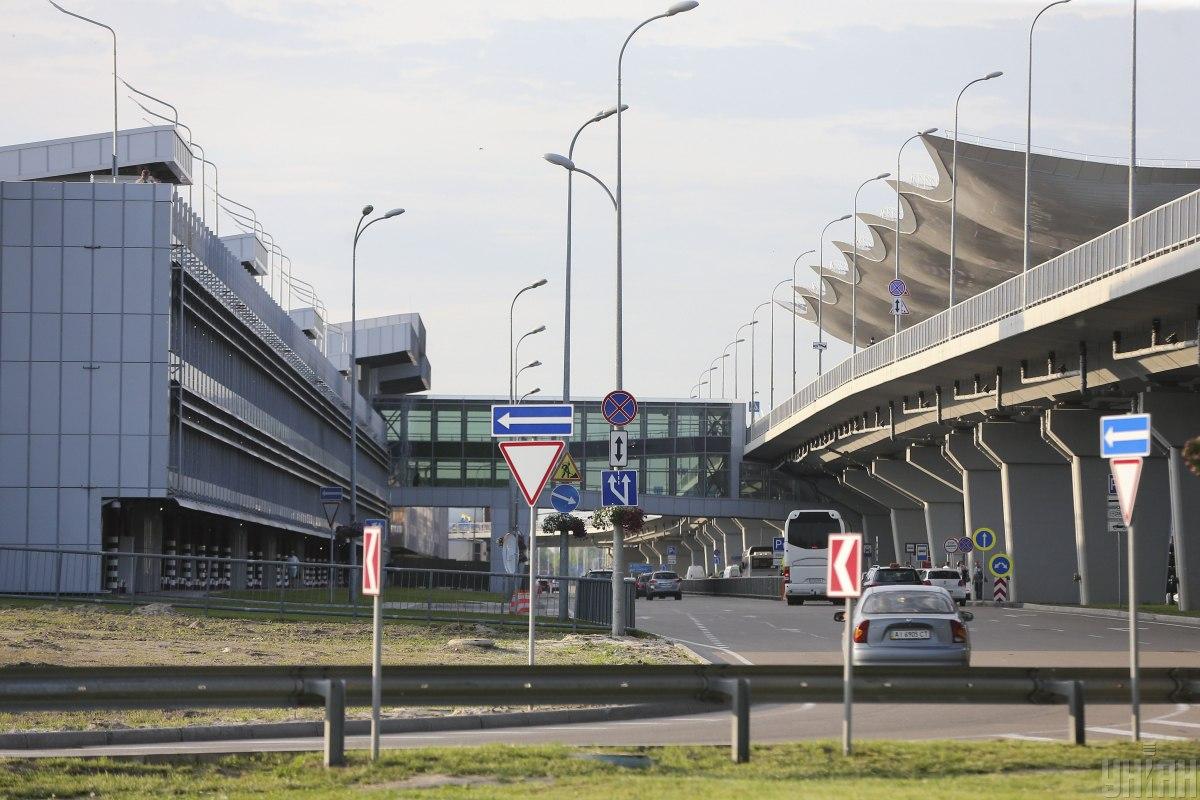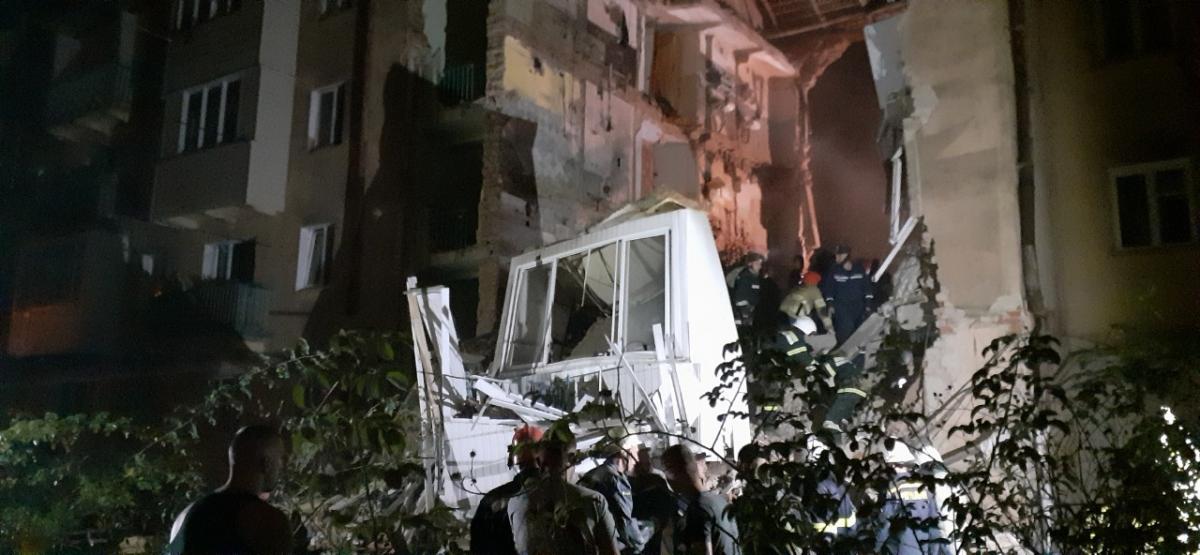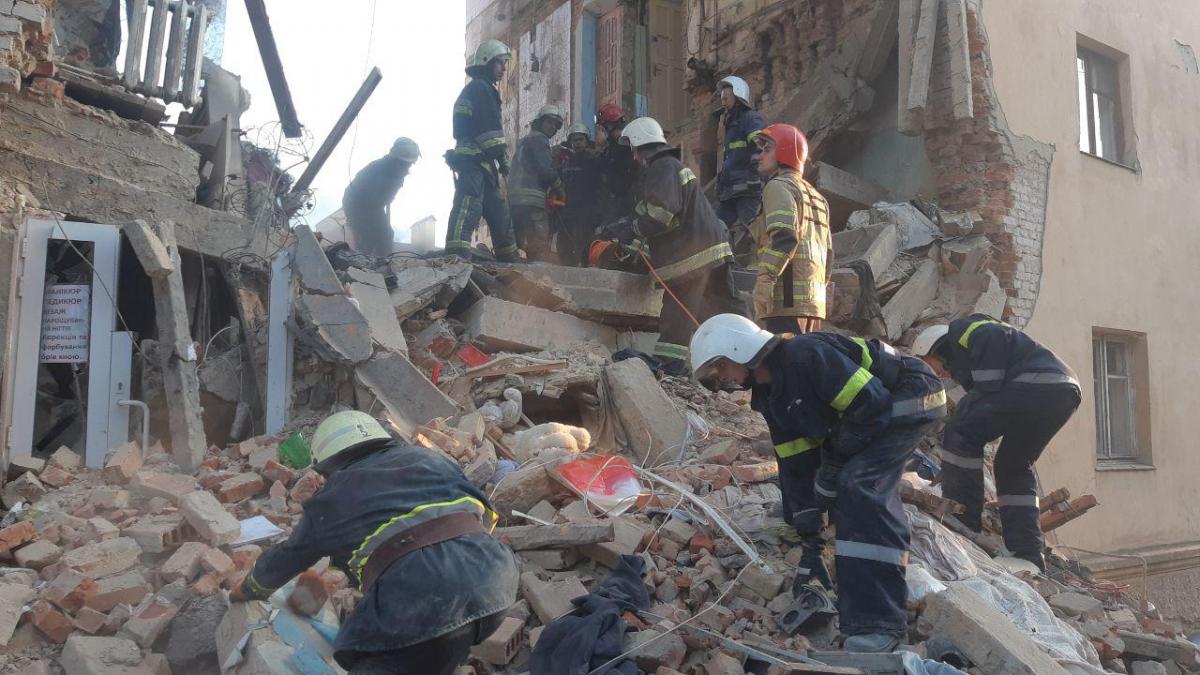angelburst29
The Living Force
Ukraine seizes Russian tanker, frees crew after Moscow threat
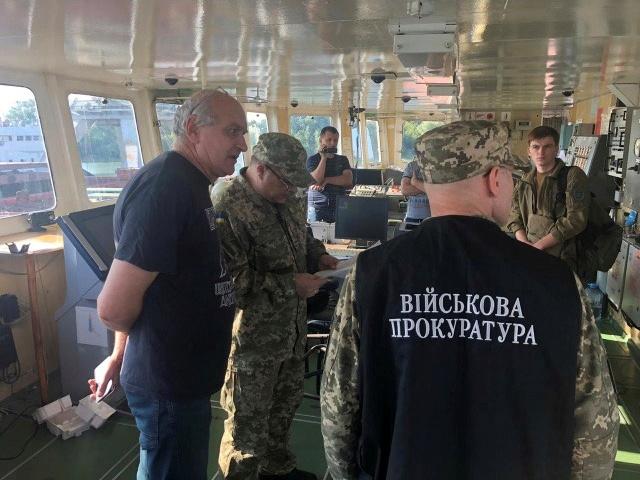
Ukraine on Thursday seized a Russian tanker for its alleged involvement in the capture of three Ukrainian navy vessels by Russia, prompting Moscow to warn of consequences if any Russian citizens were "taken hostage".
Ukraine says interrogated 10 crew members of detained Russian tanker
Ukraine has interrogated ten crew members of a detained Russian tanker as witnesses, the spokesman of the general prosecutor's said by phone on Thursday. Asked whether the crew members would be released, he declined to comment.
Russia warns Ukraine of consequences if crew of detained tanker held: RIA
Russia's Foreign Ministry warned Ukraine on Thursday that there would be consequences if any Russian members of the crew of a Russian tanker detained in Ukraine were held in custody, RIA news agency reported.
Russian lawmaker calls detention of tanker by Ukraine 'illegal': RIA
Senior Russian lawmaker Vladimir Dzhabarov on Thursday described the detention of a Russian tanker by Ukraine as "absolutely illegal" and said it was detrimental to relations between the two countries, RIA news agency reported.
Ukraine detains Russian tanker allegedly involved in Kerch Strait incident
 © State Border Guard Service of Ukraine/Handout via REUTERS
© State Border Guard Service of Ukraine/Handout via REUTERS
The Ukrainian Security Service claims that it was the Neyma tanker that had blocked the movement of Ukrainian ships during the Kerch Strait incident.
KIEV, July 25, 2019 - The Ukrainian Security Service (SBU) has detained Russia’s Nika Spirit tanker at the port of Izmail, claiming that it was the Neyma tanker that had blocked the movement of Ukrainian ships during the Kerch Strait incident, the SBU said in a statement.
"The Ukrainian Security Service and Military Prosecutor’s Office have detained Russia’s Neyma tanker that blocked the movement of Ukrainian ships in the Kerch Strait," the statement reads. "A pre-trial investigation made it clear that Russian FSB border guards had carried out an act of armed aggression against Ukraine’s Nikopol and Berdyansk warships and the Yany Kapu tugboat in the Kerch Strait at the direct order of senior FSB officials," the SBU added.
According to Ukrainian border guards, the Nika Spirit tanker flying the Russian flag was identified at the port of Izmail through its IMO number and the Equasis information system as the Neyma tanker that had been used to shut the Kerch Strait.
The SBU added that a group of investigators and military prosecutors had searched the tanker with court permission, seizing documents, radio communication recordings made during the incident and logbooks. The tanker’s crew members were questioned.
The tanker "has been recognized as real evidence, investigators plan to request a court to arrest it," the SBU noted.
Kerch Strait incident
On November 25, 2018, three Ukrainian naval ships illegally crossed Russia’s border and tried to carry out some illegal actions in Russian territorial waters. They ignored legitimate demands to stop issued by vessels belonging to the FSB Border Service and the Black Sea Fleet, and continued maneuvering dangerously. In order to stop the Ukrainian ships, weapons had to be used. The three vessels were detained in Russian territorial waters.
A criminal investigation was opened into the border incident. The Ukrainian ships’ crew members were put into custody. They are charged with violating the Russian border under Article 322.3 of the Russian Criminal Code and may face up to six years in prison if found guilty.
Moscow studying details of Ukraine’s detention of Russian tanker
Senior MP slamed detention of Russian tanker by Ukraine as an 'act of state piracy,' another MP stated the move doesn’t bode well for Moscow-Kiev relations.
MOSCOW, July 25, 2019 - Moscow is investigating into the circumstances of Ukraine’s decision to detain a Russian tanker to take appropriate steps, the Russian Foreign Ministry told TASS on Thursday.
We are studying the details of what has happened to take appropriate measures," the Russian diplomatic agency stressed. "If the Russians were taken hostage, this will be qualified as a brazen violation of the international law and consequences will ensue quickly."
As for media reports claiming that the crew of the Russian tanker detained in the Ukrainian port of Izmail are about to return home, the Russian embassy in Kiev could not confirm them in an interview with TASS.
"We can neither confirm nor deny these reports. The embassy and the consulate in Odessa are trying to figure out the circumstances of the incident and ways to resolve the situation," it stressed.
At least 7 Russian sailors aboard tanker detained by Ukraine

© State Border Guard Service of Ukraine/Handout via REUTERS
A photo posted on the Facebook account of Ukraine’s chief military prosecutor features seven Russian passports seized from the sailors.
KIEV, July 27, 2019 - At least seven Russian sailors are aboard the Russian tanked detained by Ukraine’s Security Service at the port of Ismail.
A photo posted on the Facebook account of Ukraine’s chief military prosecutor, Anatoly Matios, features seven Russian passports seized from the sailors.
Crew of detained tanker are returning home from Ukraine — Russian embassy

The blocked passage under the Crimean Bridge arch © Alexei Pavlishak//TASS
KIEV, July 25, 2019 - The crew of the Russian tanker detained in the Ukrainian port of Izmail are returning home but the vessel will remain in Ukraine, a spokesperson for the Russian embassy in Kiev told TASS on Thursday.
"The crew members are heading home but the vessel remains in Izmail," he noted.
Moscow court extends arrest of all 24 Ukrainian sailors detained in Kerch Strait

© Stanislav Krasilnikov/TASS
MOSCOW, July 17, 2019 - Moscow’s Lefortovo Court has remanded in custody all of the 24 Ukrainian sailors detained last November for illegally entering Russian territorial waters in the Kerch Strait, a TASS correspondent reported from the courtroom.
"[They shall] remand in custody for the next three months," the court ruling read with regard to each accused sailor.
The investigation has ended and the defendants and their lawyers have begun studying the case files.
Before the hearing, the prosecutor and major cases detective filed a request with the court to hold a closed-door hearing into the motion of the FSB (Federal Security Service) to extend the arrest, as an open hearing "might lead to a disclosure of official secrets and the secrecy of investigation."
The defendants’ lawyers insisted on holding an open hearing, referring to the fact that the investigation had ended and the evidence had been collected. The court met the prosecution’s motion. The sailors were laconic while answering the judge’s questions and seized a chance to talk with their friends and relatives before the hearing.
Ukrainian Human Rights Ombudswoman Lyudmila Denisova, representatives of the Ukrainian and European consulates came to the courtroom to support the sailors.
Ukraine on Thursday seized a Russian tanker for its alleged involvement in the capture of three Ukrainian navy vessels by Russia, prompting Moscow to warn of consequences if any Russian citizens were "taken hostage".
Ukraine says interrogated 10 crew members of detained Russian tanker
Ukraine has interrogated ten crew members of a detained Russian tanker as witnesses, the spokesman of the general prosecutor's said by phone on Thursday. Asked whether the crew members would be released, he declined to comment.
Russia warns Ukraine of consequences if crew of detained tanker held: RIA
Russia's Foreign Ministry warned Ukraine on Thursday that there would be consequences if any Russian members of the crew of a Russian tanker detained in Ukraine were held in custody, RIA news agency reported.
Russian lawmaker calls detention of tanker by Ukraine 'illegal': RIA
Senior Russian lawmaker Vladimir Dzhabarov on Thursday described the detention of a Russian tanker by Ukraine as "absolutely illegal" and said it was detrimental to relations between the two countries, RIA news agency reported.
Ukraine detains Russian tanker allegedly involved in Kerch Strait incident

The Ukrainian Security Service claims that it was the Neyma tanker that had blocked the movement of Ukrainian ships during the Kerch Strait incident.
KIEV, July 25, 2019 - The Ukrainian Security Service (SBU) has detained Russia’s Nika Spirit tanker at the port of Izmail, claiming that it was the Neyma tanker that had blocked the movement of Ukrainian ships during the Kerch Strait incident, the SBU said in a statement.
"The Ukrainian Security Service and Military Prosecutor’s Office have detained Russia’s Neyma tanker that blocked the movement of Ukrainian ships in the Kerch Strait," the statement reads. "A pre-trial investigation made it clear that Russian FSB border guards had carried out an act of armed aggression against Ukraine’s Nikopol and Berdyansk warships and the Yany Kapu tugboat in the Kerch Strait at the direct order of senior FSB officials," the SBU added.
According to Ukrainian border guards, the Nika Spirit tanker flying the Russian flag was identified at the port of Izmail through its IMO number and the Equasis information system as the Neyma tanker that had been used to shut the Kerch Strait.
The SBU added that a group of investigators and military prosecutors had searched the tanker with court permission, seizing documents, radio communication recordings made during the incident and logbooks. The tanker’s crew members were questioned.
The tanker "has been recognized as real evidence, investigators plan to request a court to arrest it," the SBU noted.
Kerch Strait incident
On November 25, 2018, three Ukrainian naval ships illegally crossed Russia’s border and tried to carry out some illegal actions in Russian territorial waters. They ignored legitimate demands to stop issued by vessels belonging to the FSB Border Service and the Black Sea Fleet, and continued maneuvering dangerously. In order to stop the Ukrainian ships, weapons had to be used. The three vessels were detained in Russian territorial waters.
A criminal investigation was opened into the border incident. The Ukrainian ships’ crew members were put into custody. They are charged with violating the Russian border under Article 322.3 of the Russian Criminal Code and may face up to six years in prison if found guilty.
Moscow studying details of Ukraine’s detention of Russian tanker
Senior MP slamed detention of Russian tanker by Ukraine as an 'act of state piracy,' another MP stated the move doesn’t bode well for Moscow-Kiev relations.
MOSCOW, July 25, 2019 - Moscow is investigating into the circumstances of Ukraine’s decision to detain a Russian tanker to take appropriate steps, the Russian Foreign Ministry told TASS on Thursday.
We are studying the details of what has happened to take appropriate measures," the Russian diplomatic agency stressed. "If the Russians were taken hostage, this will be qualified as a brazen violation of the international law and consequences will ensue quickly."
As for media reports claiming that the crew of the Russian tanker detained in the Ukrainian port of Izmail are about to return home, the Russian embassy in Kiev could not confirm them in an interview with TASS.
"We can neither confirm nor deny these reports. The embassy and the consulate in Odessa are trying to figure out the circumstances of the incident and ways to resolve the situation," it stressed.
Interaction of the human rights advocates
Meanwhile Russian human rights ombudswoman Tatiana Moskalkova has asked her Ukrainian counterpart, Lyudmila Denisova, to clarify the circumstances of the detention of the Russian tanker at the port of Izmail and provide information about the Russian crew.
"On July 25, Russian human rights ombudswoman Tatiana Moskalkova had a telephone conversation with human rights ombudswoman of the Ukrainian Verkhovna Rada [parliament — TASS] Lyudmila Denisova. Moskalkova asked Denisova to find out the circumstances of the vessel’s detention and the composition of the crew: how many Russian nationals are aboard, whether they receive consular support and their rights are observed, whether they are provided with food and drinking water and whether some of them need medical assistance," Moskalkova’s office issued a press statement on its website on Thursday.
"Denisova, in turn, promised to clarify the situation with the SBU [Ukrainian Security Service — TASS]. The ombudswomen agreed to continue their humanitarian dialogue," the statement added.
Stance of senior Russian MPs
Chairman of the Russian State Duma (lower house) Foreign Affairs Committee Leonid Slutsky characterized Ukraine's actions as "state piracy." In his vision, the Ukrainian authorities are trying to exert pressure on the investigation into the case the Ukrainian sailors arrested for illegally crossing Russia’s state border in the Kerch Strait.
"Ukraine responded to its own provocation [in the Kerch Strait area] with an act of state piracy. [That’s] illegal pressure on the investigation," he wrote in a Twitter post.
Later he told journalists that such Kiev’s actions give away its unpreparedness to normalize "relations with Russia, in particular, in what concerns navigation in the Kerch Strait."
"It gives an impression that the new Kiev authorities’ hints at establishing cooperation with Russia have nothing to do with their real plans. The anti-Russian hysteria that was whipped up under Pyotr Poroshenko keeps rolling on," he said.
"Nevertheless, we continue to call for the normalization of Russian-Ukrainian relations. We will work with those who are ready for a constructive dialogue with Moscow. Many in the Kiev 'establishment' want to resume relations as soon as possible. And in terms of history, our peoples are destined to be good neighbors," Slutsky stressed.
Another high-ranking MP, Chairman of the Russian Federation Council (upper house) Foreign Affairs Committee Konstantin Kosachev also issued a comment. In his view, Ukrainian President Vladimir Zelensky needs to clarify his position on the detention of the Russian tanker by Ukraine’s Security Service but such a provocation doesn’t bode well for relations between Moscow and Kiev. "The circumstances of the incident need to be clarified, as well as Zelensky’s position. When does Ukraine show its true face, when it rattles sabers or speaks about peace? The moment of truth has come," he wrote on Facebook on Thursday.
He supposed that the Ukrainian Security Service (SBU) might be acting upon the order of the country’s president, "then Vladimir Zelensky is actually picking up a provocation initiated by his predecessor Pyotr Poroshenko who sought to achieve his campaign goals." "It is a very bad thing for Ukraine, its relations with Russia and all of those people who expected Zelensky to determine a different policy course. Another possibility is that Ukraine’s SBU is acting on its own, seeking to drag the president into a provocation," the Russian senator noted.
Kosachev added that the second possibility meant nothing good "because in this case, Zelensky is only a tool in the hands of Ukrainian law enforcement agencies formed by the previous authorities."
The Russian ship's detention
Earlier on Thursday, the Ukrainian Security Service (SBU) detained Russia’s Nika Spirit tanker at the port of Izmail, claiming that it was the Neyma tanker that had blocked the movement of Ukrainian ships during the Kerch Strait incident of last November. According to the SBU, Ukrainian border guards identified the Russian-flagged Nika Spirit tanker that had entered the port of Izmail under its IMO number registered with the EQUASIS international database as the Neyma, the tanker that had been used to block Ukrainian warships in the Kerch Strait. The SBU reported it was issuing a motion with a court to arrest the vessel as a physical evidence.
At least 7 Russian sailors aboard tanker detained by Ukraine

© State Border Guard Service of Ukraine/Handout via REUTERS
A photo posted on the Facebook account of Ukraine’s chief military prosecutor features seven Russian passports seized from the sailors.
KIEV, July 27, 2019 - At least seven Russian sailors are aboard the Russian tanked detained by Ukraine’s Security Service at the port of Ismail.
A photo posted on the Facebook account of Ukraine’s chief military prosecutor, Anatoly Matios, features seven Russian passports seized from the sailors.
Crew of detained tanker are returning home from Ukraine — Russian embassy

The blocked passage under the Crimean Bridge arch © Alexei Pavlishak//TASS
KIEV, July 25, 2019 - The crew of the Russian tanker detained in the Ukrainian port of Izmail are returning home but the vessel will remain in Ukraine, a spokesperson for the Russian embassy in Kiev told TASS on Thursday.
"The crew members are heading home but the vessel remains in Izmail," he noted.
Moscow court extends arrest of all 24 Ukrainian sailors detained in Kerch Strait

© Stanislav Krasilnikov/TASS
MOSCOW, July 17, 2019 - Moscow’s Lefortovo Court has remanded in custody all of the 24 Ukrainian sailors detained last November for illegally entering Russian territorial waters in the Kerch Strait, a TASS correspondent reported from the courtroom.
"[They shall] remand in custody for the next three months," the court ruling read with regard to each accused sailor.
The investigation has ended and the defendants and their lawyers have begun studying the case files.
Before the hearing, the prosecutor and major cases detective filed a request with the court to hold a closed-door hearing into the motion of the FSB (Federal Security Service) to extend the arrest, as an open hearing "might lead to a disclosure of official secrets and the secrecy of investigation."
The defendants’ lawyers insisted on holding an open hearing, referring to the fact that the investigation had ended and the evidence had been collected. The court met the prosecution’s motion. The sailors were laconic while answering the judge’s questions and seized a chance to talk with their friends and relatives before the hearing.
Ukrainian Human Rights Ombudswoman Lyudmila Denisova, representatives of the Ukrainian and European consulates came to the courtroom to support the sailors.




